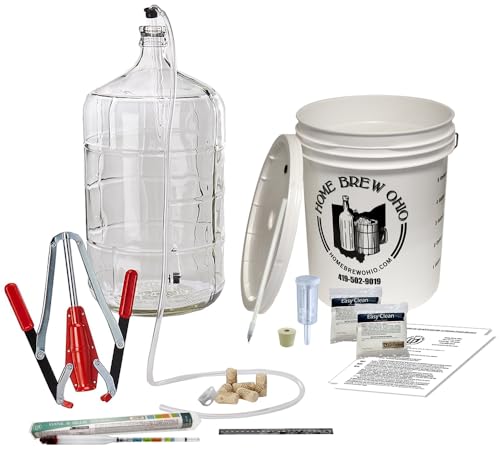swaring
Junior
Hello everyone, I’m growing 16 vines in my backyard, and making field blends. It’s my 4th year (2 harvests) with Noiret(3vines), Carot Noir(1), Chambourcin(1), Petite Pearl(3), Marquette(4), and I have 2 Mars that are 7 years old and 2 Chancellors that are new.
I like the blend so far but I’d like to simplify and improve the blend so any advice would be welcome. The 3 Noiret do not yield much and have many blanks on the cordons, plus I don’t love the flavor. I’m thinking about grafting one of the others on to the Noiret rootstocks after cutting them down in the spring, to take advantage of the 4 years of root growth. Would you choose the Chancellor, Petite Pearl or one of the others?
PS The Mars is a table grape with no seeds and a brix around 18. It makes good wine but dominates the blend with light red fruit and I tried it as a rose this year. The rose was good and I’ll throw the skins back into the blend.
I was encouraged to see a few threads about blends of hardy hybrids as this information seems hard to come by. Is the Chancellor a good one to amplify in the blend? It seems that a little of the Petite Pearl goes a long way, it’s very detectable. We have a hot dry climate and GDD well over 3000. Thanks!
I like the blend so far but I’d like to simplify and improve the blend so any advice would be welcome. The 3 Noiret do not yield much and have many blanks on the cordons, plus I don’t love the flavor. I’m thinking about grafting one of the others on to the Noiret rootstocks after cutting them down in the spring, to take advantage of the 4 years of root growth. Would you choose the Chancellor, Petite Pearl or one of the others?
PS The Mars is a table grape with no seeds and a brix around 18. It makes good wine but dominates the blend with light red fruit and I tried it as a rose this year. The rose was good and I’ll throw the skins back into the blend.
I was encouraged to see a few threads about blends of hardy hybrids as this information seems hard to come by. Is the Chancellor a good one to amplify in the blend? It seems that a little of the Petite Pearl goes a long way, it’s very detectable. We have a hot dry climate and GDD well over 3000. Thanks!



















































